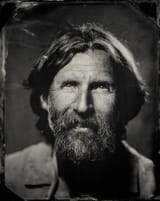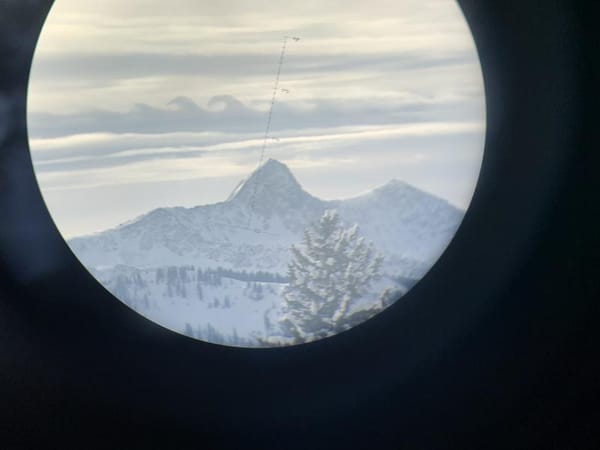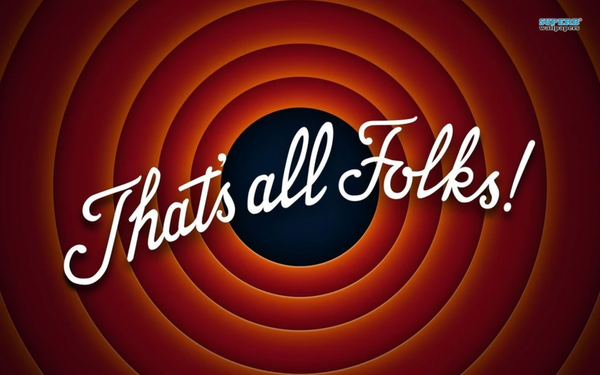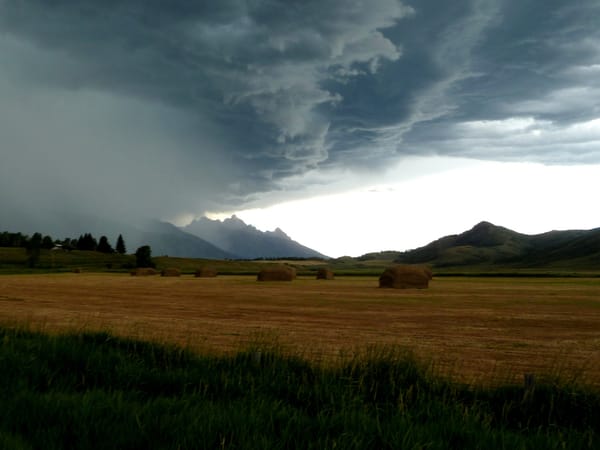The Meaning of Experience

War endures because young men love it and old men love it in them.....And so begins Judge Holden’s* discourse on the subject. Let’s continue.
Every child knows that the worth or merit of a game is not inherent in the game itself but rather in the value of that which is put at hazard. Games of chance require a wager to have meaning at all. Games of sport involve skill and strength leading to the humiliation of defeat and the pride of victory are in themselves sufficient stake because they inhere in the worth of the principals and define them. But trial of chance or trial of worth all games aspire to the condition of war for here that which is wagered swallows up game, player, all.
Replace the word war with high risk sport**, and the sentence still holds true. In a recent interview, the legendary mountaineer Reinhold Messner weighed in: To go on an adventure, you need difficulties, you need danger. If death was not a possibility, coming out would be nothing. It would be kindergarten. But not an adventure. Not an art.
So why so much emphasis and education these days on risk and safety and margins?
When we focus so much on safety, do we forget why we go in the first place? Does safety become the end game and we forget the summit? Do we lose the opportunity to know Who is the hero and Who is the failure and Who is the humble scrivener? When we embark upon campaigns for safety, are we not otherwise embarking on campaigns to turn the hero into the tradesman, pull the failure from the clutches of oblivion, and keep the coward’s illusions intact?
But at what cost?

Joseph Campbell observed that people wandering the earth in search of the meaning of life are in fact looking for the experience of life. Perhaps for some, they have lived in an environment where risk was to be avoided at all costs even at the cost of the very life that they try to preserve. I wonder, is it life to not know love, loss, grief...What it means to be terrified?
Who are we then to deprive the youth of their own Hero’s Journey? What, in the end, is the goal?
In his book Being Mortal, the trauma surgeon Atul Gawande, noted an interesting paradox. He found that those who exhausted no limits in tests, medication, treatment, and worry ended up living on the whole shorter lives than their more carefree counterparts.
So. In all of our exhortations to avoid and manage risk, let’s not lose sight of what and who we aspire to be.
The loss of an individual is tragic. The loss of our humanity even more so.
~~~~~~~
Postscript - Judge Holden is one of the more interesting characters among Glanton’s gang of scalp-hunters in the borderlands just after the Mexican American War. He comes to life in Cormac McCarthy’s novel Blood Meridian as an agent of chaos, a dancing fiddler of evil. McCarthy’s primary source for the novel is Sam Chamberlain’s memoir My Confession. Chamberlain rode with the Glanton Gang in 1846 and described the Judge in the following way:
“Who or what he was no one knew but a cooler blooded villain never went unhung; he stood six feet six in his moccasins with a large fleshy frame. Holden was by far the best educated man in northern Mexico; he conversed with all in their own language, spoke in several Indian lingos, at a fandango would take the harp or guitar from the hands of the musicians and charm all with his wonderful performance, and out-waltz any poblana of the ball. He was “plumb centre” with a rifle or revolver, a daring horseman, acquainted with the nature of all the strange plants and their botanical names, great in geology and mineralogy, in short another Admirable Crichton...
And this - “and with all an arrant coward. Not (sic) but that he possessed enough courage to fight Indians and Mexicans or anyone where he had the advantage in strength, skill, and weapons, but where the combat would be equal, he would avoid it if possible.”




